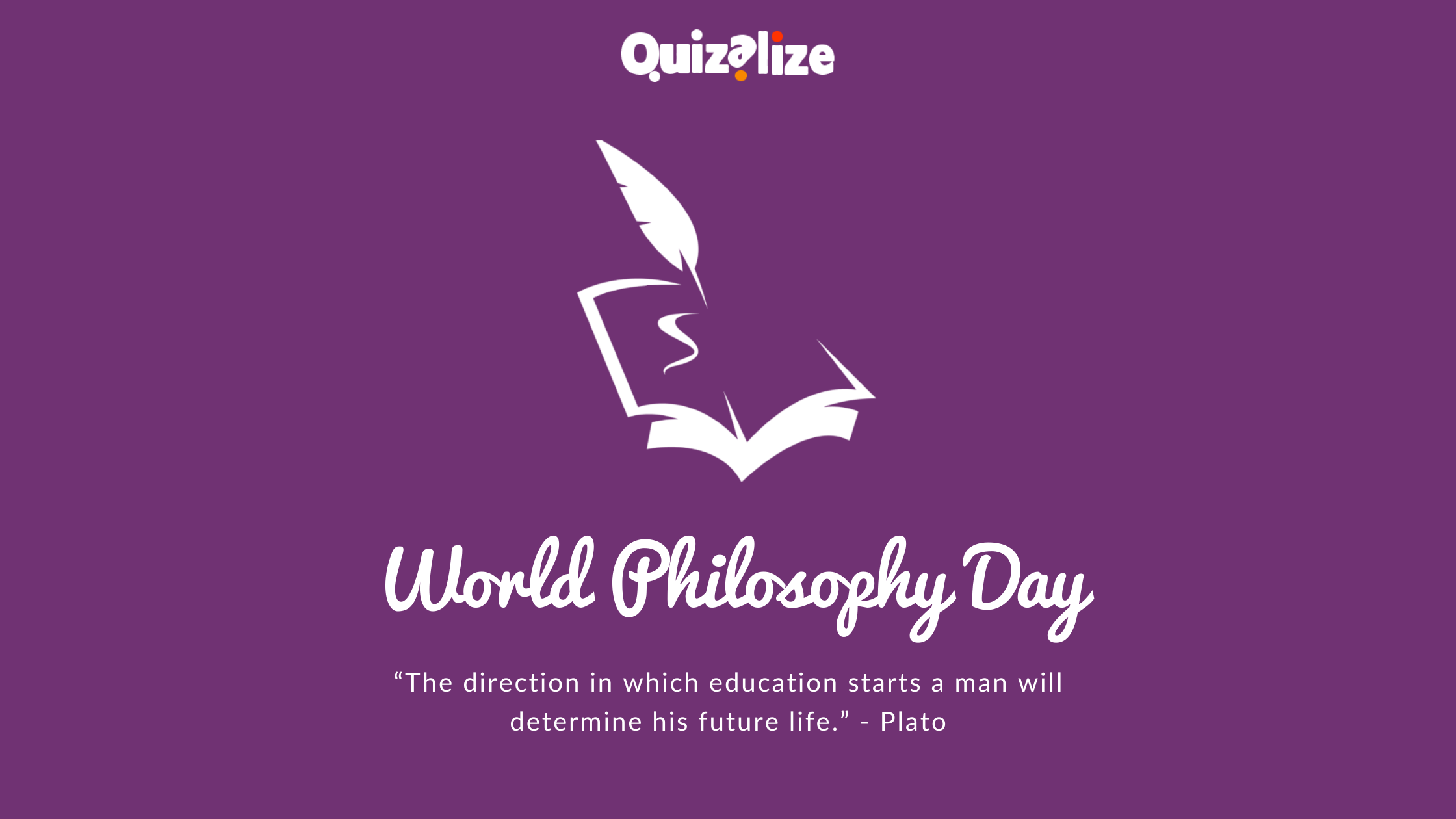This World Philosophy Day we are remembering some of the greatest philosophers of all time, unearthing some of their most timeless quotes regarding education and taking a moment to reflect on the wisdom of these Philosophical Greats.
Philosophy is one of the most significant academic schools, promoting critical thinking and discussions on the nature of reality and existence. Deriving from the Greek word phílosophía, meaning ‘the love of wisdom’, Philosophy “is one of the most important fields of human thought as it aspires to get at the very meaning of life”. Below we feature three Philosophers from throughout the ages, from Ancient Greece to 18th Century Scotland:
Plato:
Born in Athens in 428 BCE, Plato is widely regarded as the Father of Western Philosophy. Living during the height of Ancient Greece, Plato was taught by Socrates and went on to teach his learnings to Aristotle.
While his life’s work ‘The Republic’ often steals the headlines as to Plato’s achievements, his ponderings on the importance of education are also as alive today as they were back in Ancient Greece:
- “The direction in which education starts a man will determine his future life.”
- “The educated differ from the uneducated as much as the living from the dead.”
We have Plato to thank for the direction Western Philosophy took after his death in 347 BCE, and we remember his sharp mind and significant contribution to education on this World Philosophy Day.
John Locke:
John Locke is known as the ‘Father of Liberalism’ and one of the great Enlightenment thinkers. Born in England in 1632, Locke’s fundamental principles of natural law, social contract, religious tolerance and the right to revolution heavily influenced both the American Revolution and the U.S. Constitution.
Here are two of Locke’s key musings on education:
- “The business of education is not to make the young perfect in any one of the sciences, but so to open and dispose their minds as may best make them – capable of any, when they shall apply themselves to it.”
- “Education begins the gentleman, but reading, good company, and reflection must finish him.”
David Hume:
Following soon after the footsteps of John Locke was David Hume. An 18th Century Scottish philosopher, economist and historian, Hume was fascinated by the human nature and went on to pen numerous books on the topic.
Hume was a skepticist and an empiricist and said the following about education:
- “The sweetest and most inoffensive path of life leads through the avenues of science and learning; and whoever can either remove any obstructions in this way, or open up any new prospect, ought so far to be esteemed a benefactor to mankind.”
- “A wise man proportions his belief to the evidence.”
From Plato to Locke, Locke to Hume, and all the fascinating philosophical minds inbetween, join us this World Philosophy Day in celebrating education in all its forms.

Quizalize has over 900 free Philosophy resources available for you and your students right now. To locate these resources simply type ‘philosophy’ into the search bar at the top of the homepage.
View all Quizalize’s FREE Philosophy resources here and join us in celebrating the great minds of the past with the great minds of the future: your students.
